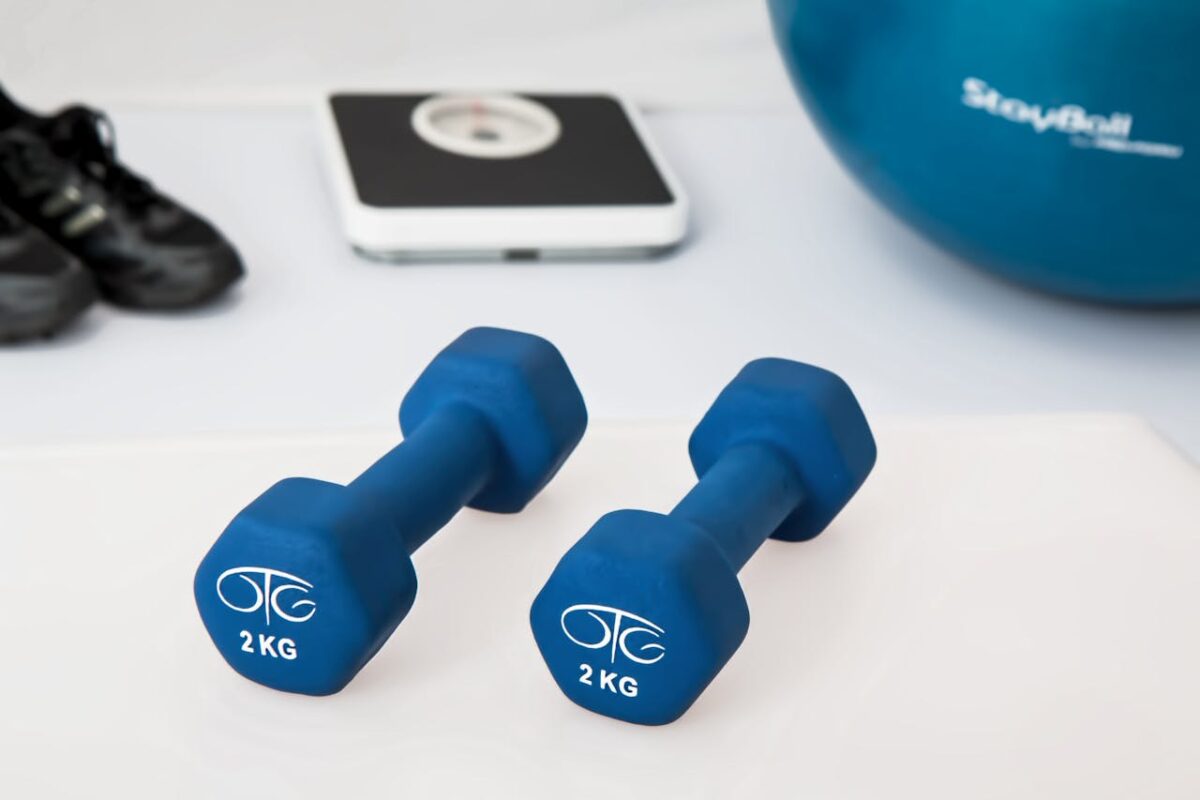Why Sleep is Crucial for Weight Loss
If you’re putting in the work to eat well and exercise but still not seeing the weight loss results you want, you might be overlooking one critical factor: sleep. Sleep plays a significant role in your body’s ability to lose weight and keep it off. Without enough rest, your body’s hormones, appetite, and energy levels can be thrown off, making weight loss more challenging than it needs to be.
Let’s explore why sleep is crucial for weight loss and how getting more quality shut-eye can help you reach your goals.
1. Sleep Regulates Your Hunger Hormones
Two hormones—ghrelin and leptin—control your hunger and fullness signals, and they are directly impacted by how much sleep you get. Ghrelin is the hormone that tells you when you’re hungry, while leptin signals that you’re full.
When you don’t get enough sleep, your body produces more ghrelin and less leptin, meaning you’re more likely to feel hungry and less likely to feel satisfied after eating. This can lead to overeating and snacking, particularly on high-carb or sugary foods that give you quick bursts of energy.
Bottom Line: Prioritizing sleep can help you keep your hunger hormones in check, reducing cravings and making it easier to stick to your calorie goals.
2. Lack of Sleep Increases Cortisol (the Stress Hormone)
When you’re sleep-deprived, your body produces more cortisol, the stress hormone. High cortisol levels are linked to increased belly fat and can slow down your metabolism. Cortisol also triggers cravings for unhealthy comfort foods, particularly sugary or fatty snacks, which can sabotage your weight loss efforts.
Pro Tip: To keep cortisol levels in check, aim for 7-9 hours of quality sleep each night and manage stress through mindfulness or relaxation techniques like yoga or meditation.
3. Sleep Boosts Your Metabolism
Sleep is when your body goes into repair mode, which includes managing metabolic processes. When you’re well-rested, your metabolism functions optimally, helping you burn more calories throughout the day. On the other hand, sleep deprivation slows your metabolism, making it harder to burn fat and lose weight.
In fact, some studies suggest that sleep-deprived individuals burn fewer calories at rest than those who get adequate sleep.
4. Sleep Improves Exercise Performance and Recovery
Getting enough sleep doesn’t just affect your hunger and metabolism—it also impacts how well you can perform during workouts. When you’re well-rested, you’re more likely to have the energy and stamina to push through your workouts, burn more calories, and build muscle.
Sleep is also essential for recovery. When you’re asleep, your body repairs muscle tissue and replenishes energy stores, helping you recover from exercise and come back stronger for your next workout.
Pro Tip: If you’re not getting enough sleep, your workouts will feel harder, and you may be more prone to skipping them altogether. Prioritize rest so you can show up feeling energized and ready to crush your fitness goals.
5. Poor Sleep Impacts Your Willpower and Decision-Making
Let’s face it—when you’re exhausted, making healthy choices feels a lot harder. Lack of sleep affects the part of your brain that controls decision-making, making it easier to give in to cravings and harder to stick to your weight loss plan.
If you’ve ever reached for cookies or chips after a poor night’s sleep, you’re not alone. When you’re tired, your brain craves quick, easy energy, often in the form of sugary, high-calorie foods.
Pro Tip: Get enough sleep, and you’ll find it easier to stick to healthy meals, resist temptation, and stay consistent with your weight loss efforts.
Bottom Line: Prioritize Sleep for Weight Loss Success
Sleep is a key player in your weight loss journey, affecting everything from your hunger hormones and metabolism to your exercise performance and decision-making. If you’re struggling to lose weight despite your best efforts, take a closer look at your sleep habits. Getting 7-9 hours of quality sleep each night can make all the difference in how your body responds to your weight loss efforts.
Remember, sleep isn’t just a luxury—it’s a crucial part of taking care of your body and setting yourself up for long-term success.








